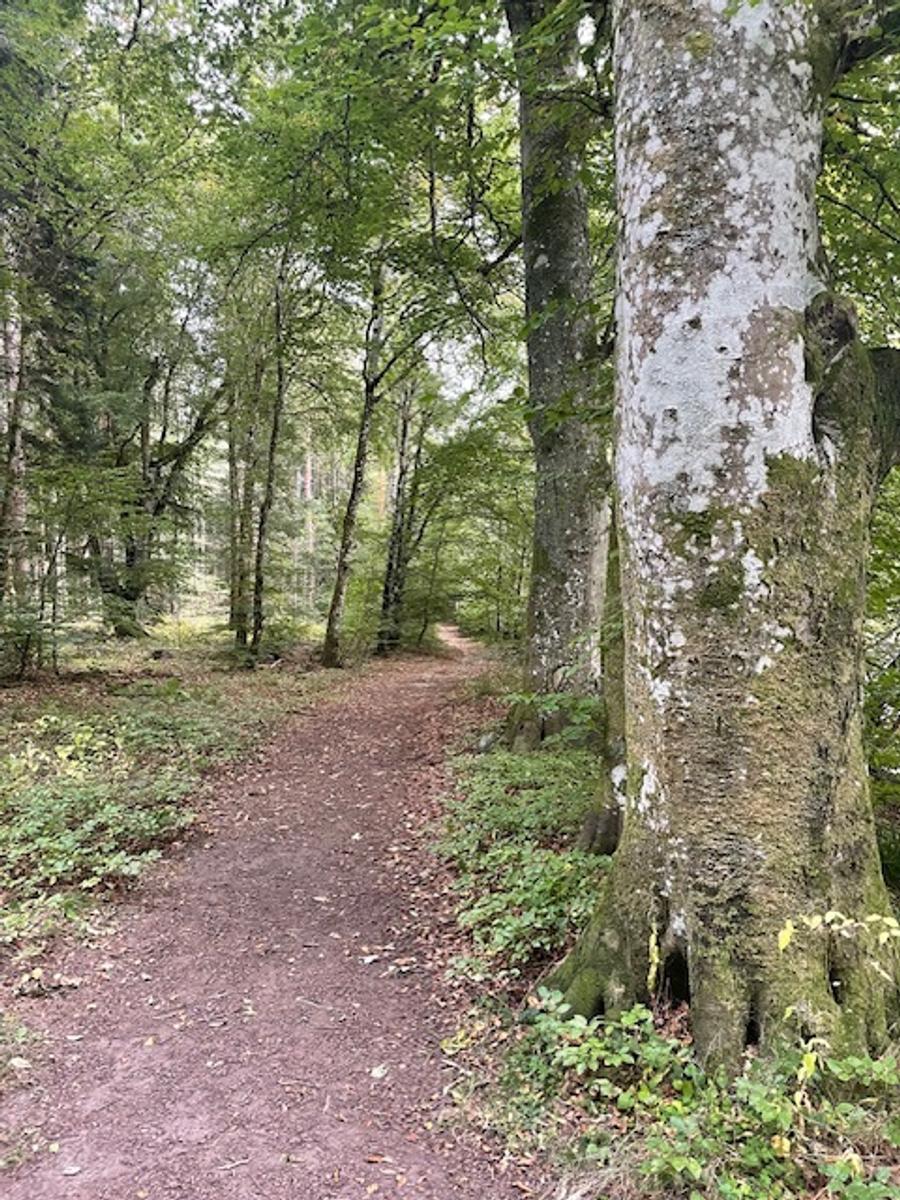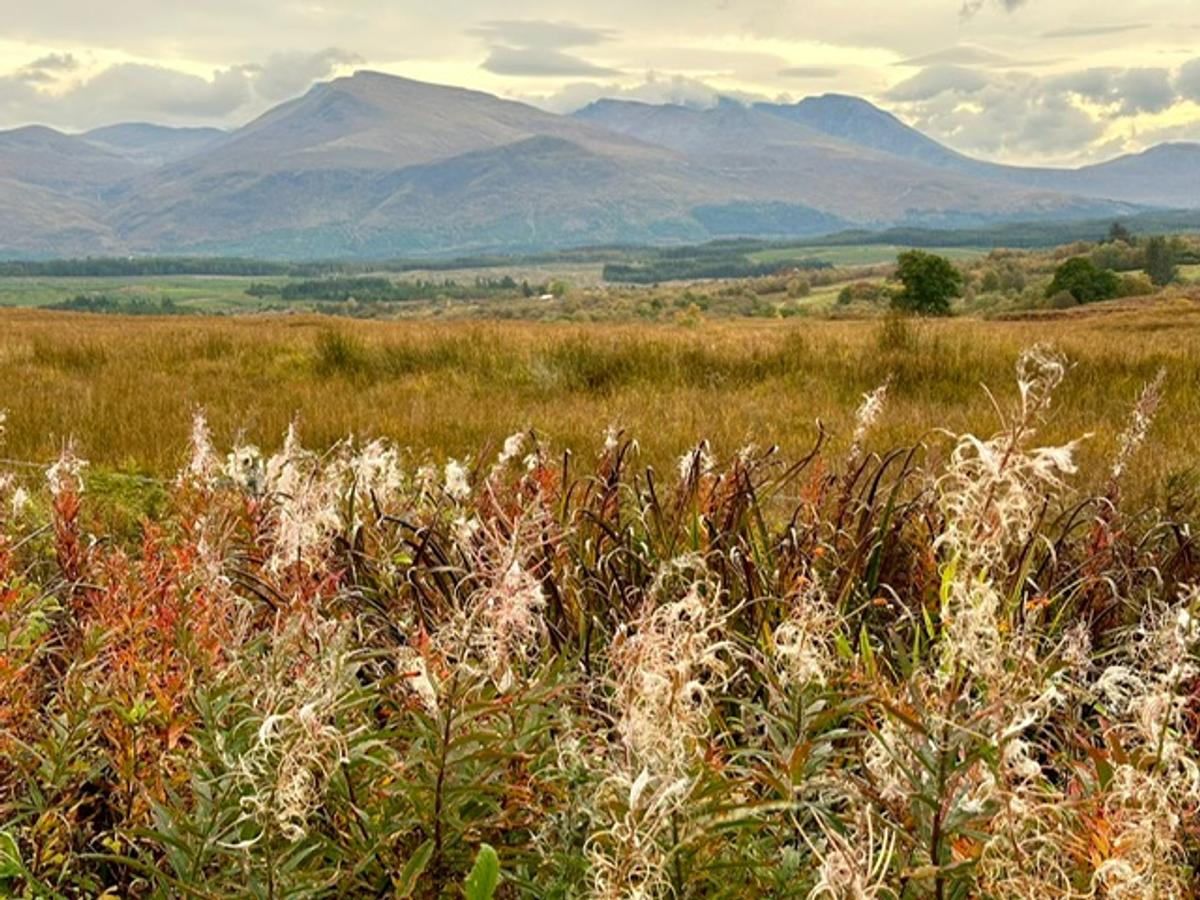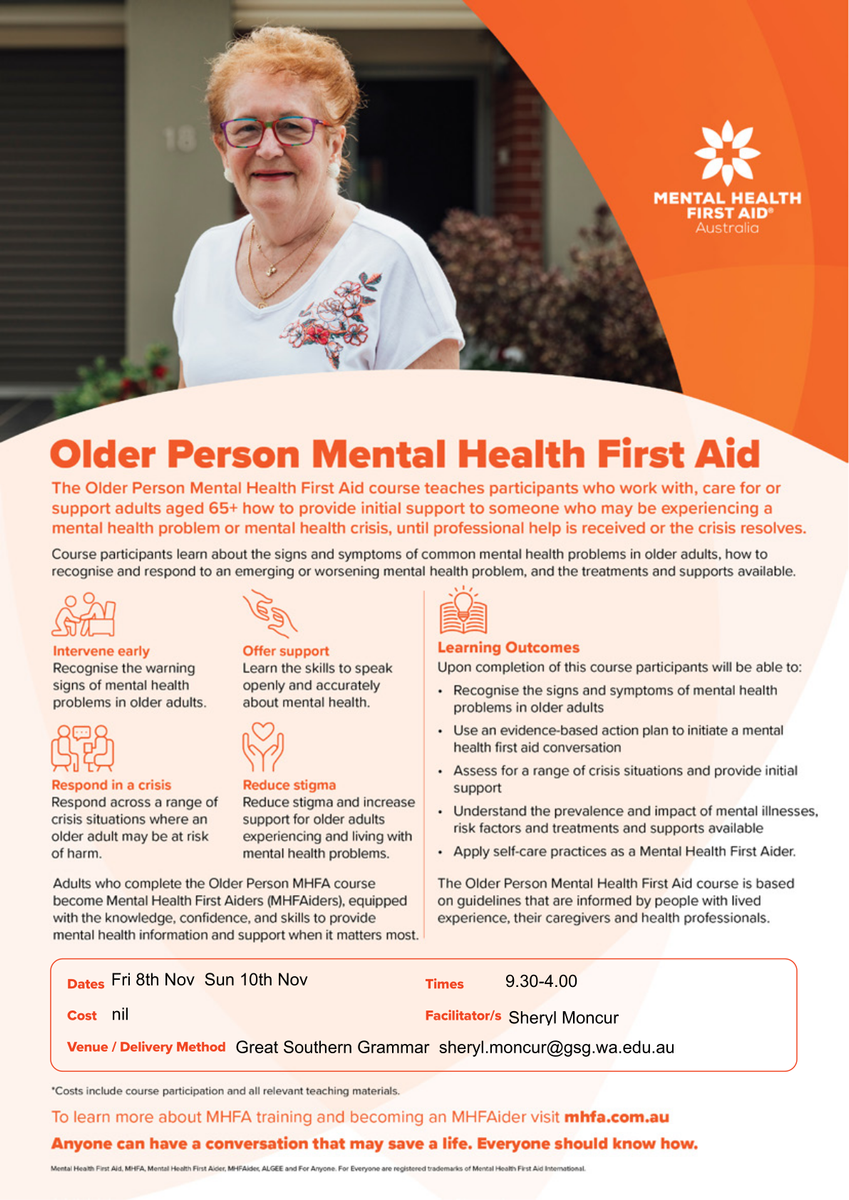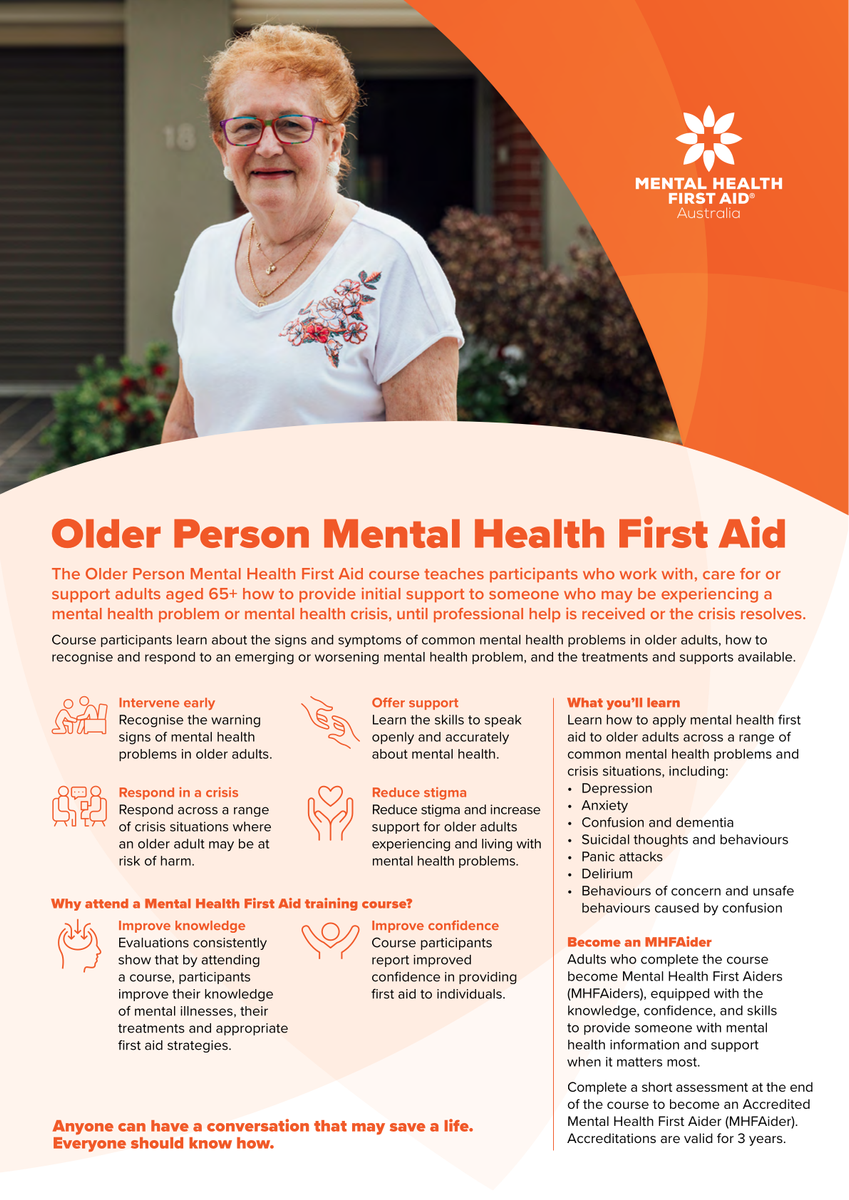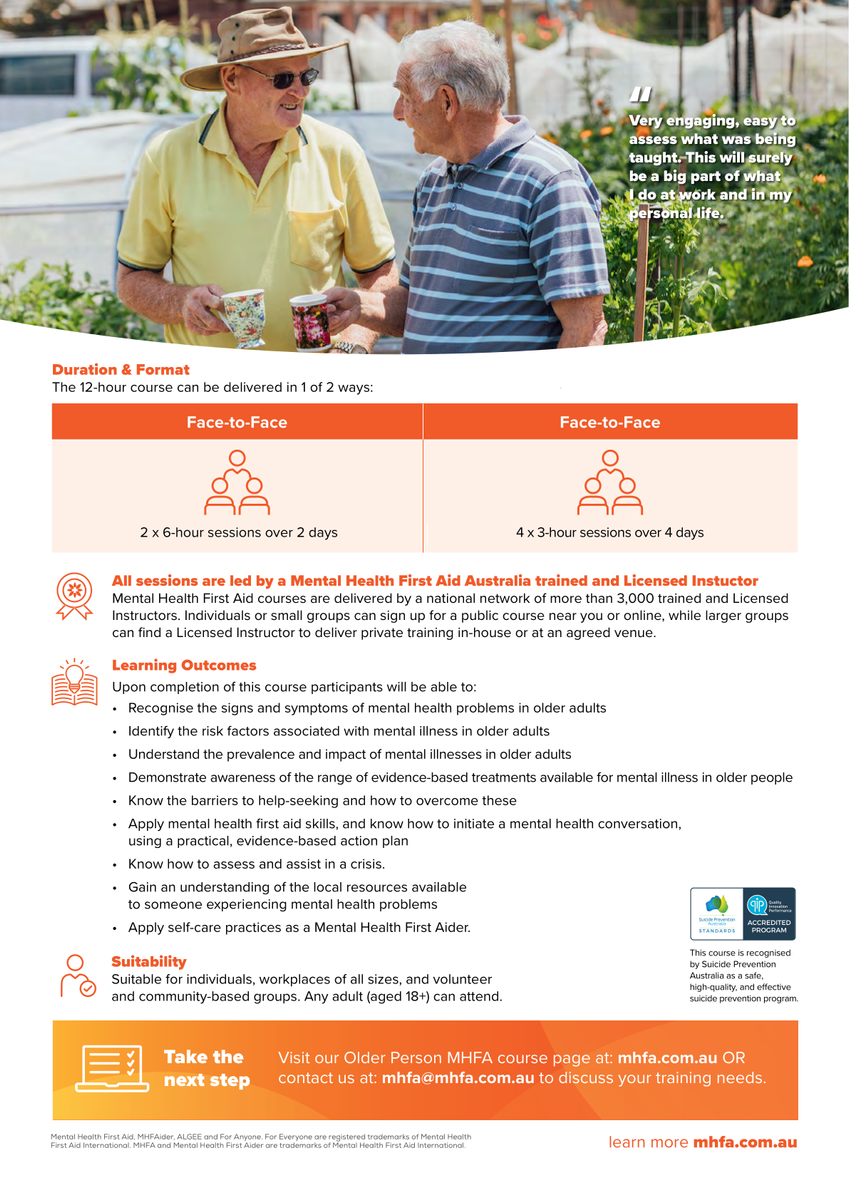From the Wellness Centre
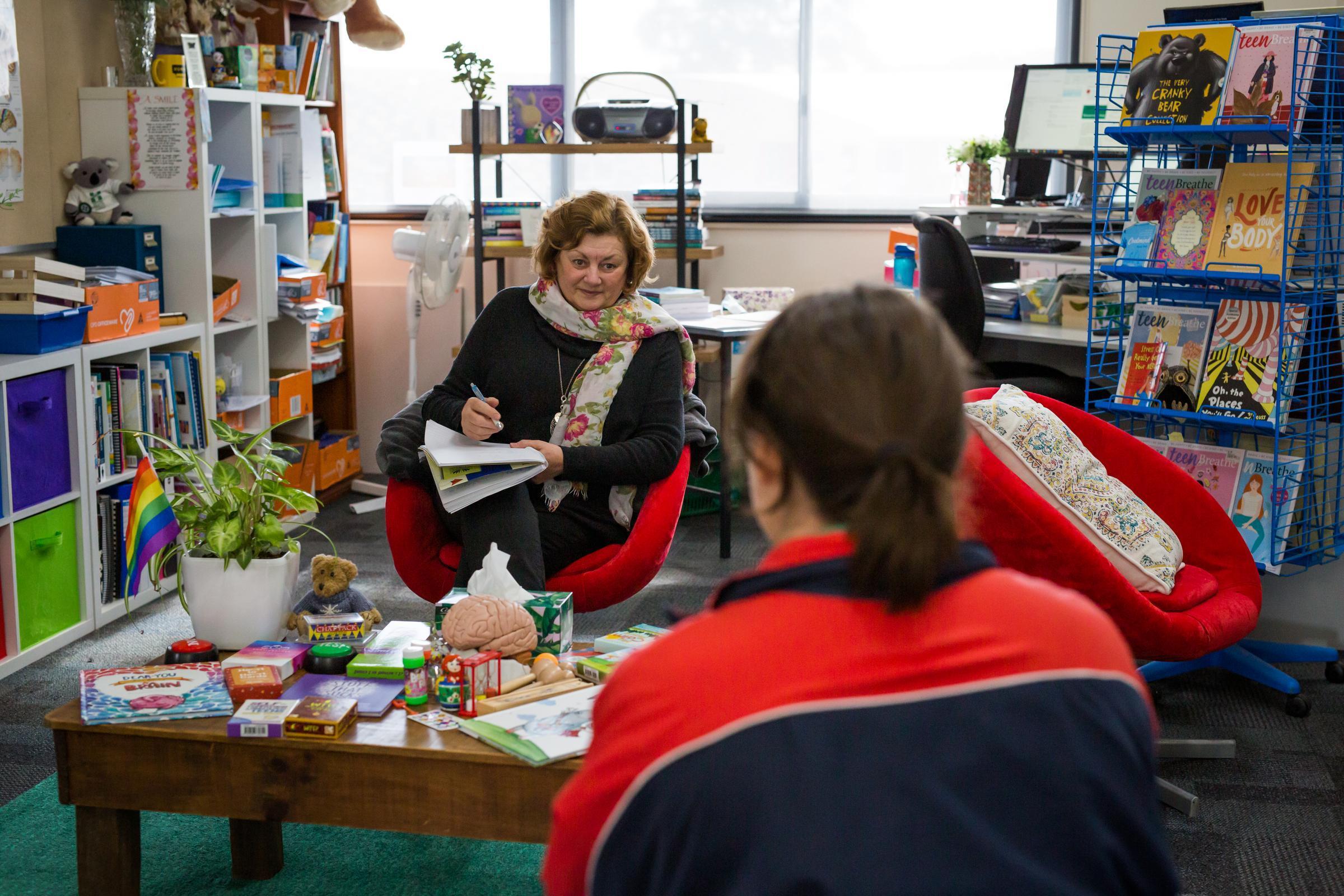
Since I’ve been away, there have been many really useful references that have entered my cyberspace, two of which I hereby offer:
Clearly Me for Teens
ClearlyMe® - Black Dog Institute | Better Mental Health
clearlyme@blackdog.org.au
This is an app designed for teens aged 12 to 17 who are experiencing challenging psychological symptoms as they negotiate tough moments, brief or long; this app is an evidence-based smartphone app to reduce symptoms of depression in Australian teens aged 12 to 17 years.
Depression is a leading health concern for adolescents, with approximately 5% of adolescents experiencing clinical depression. However, prevalence rates are rising in Australia, and many adolescents experience high levels of psychological distress and sub-clinical levels of depressive symptoms that, if left untreated, can lead to ongoing mental health issues.
Despite adolescents expressing concerns about mental ill-health and its negative impact on their quality of life, many adolescents are not able to access timely mental healthcare. Smartphone apps may offer a way to increase accessibility to psychological therapies, yet the effectiveness of this approach for addressing adolescent depression has not yet been proven.
Project History
This project aimed to design, build and evaluate Australia’s first ever smartphone app targeting adolescent depression.
Based on Cognitive Behavioural Therapy or CBT and gives you coping strategies and tools to overcome negative thinking, low mood, difficulties relaxing and maintaining motivation. Created by teens. For teens.
With the help of other teens, we've brought together the best coping strategies and activities backed by science. And we've built them in a way that makes sense for you to use and practice.
Free to use. Anywhere. Anytime.
So, whether that's in private at home. Or on the bus to school with your friends. Find help in the moment and save your favourite content to return to it later.
Young People are Lonely
A 2023 HILDA government study showed that older people have the lowest rate of loneliness in the country, a finding that might surprise many of us. Concerningly, the highest rate of loneliness was found to be in young people between the ages of 15 and 24. Linda Stade reports in her InspiringGirls.Info column “Loneliness is an uncomfortable psychological state caused by the perception that one doesn't have the necessary quantity or quality of social relationships.
Neuroscientists see loneliness as equivalent to hunger, thirst and physical pain. The evolutionary function of loneliness is to drive us to make social connections that will protect us and help us prosper. In contemporary society threats are usually abstract and people can surround us but we still feel we don't have the social connection we need. Research shows that in the long term the terrible feeling of loneliness is associated with both physical and mental health problems including depression and anxiety.”
The recent HILDA research reveals that between 2001 and 2009, the greatest proportion of lonely people was among those aged 65 and older. Since 2001, however, the trend in loneliness among this age group has steadily declined, and in 2021 the 65 and over age group had the lowest proportion of lonely individuals as compared to younger age groups. With the exception of the 15 to 24 age group, all other age groups have a lower proportion of lonely people in 2021 than in 2001.
Prior to 2008, those aged 15 to 24 tended to have amongst the lowest rates of loneliness. Since around 2008, however, the proportion of those aged 15 to 24 who are lonely has steadily increased over time, accelerating further in 2015. Between 2019 and 2020 loneliness increased sharply, arguably in part because of the pandemic. In 2001 about 18.5% of the 15 to 24 age group were classified as being lonely; in 2020 and 2021 this proportion was 26.6% and 24.8%, respectively.
The articles here Our young people are lonely: Why it’s a serious problem (inspiringgirls.info) and The Great Separation provide further information to support our young people in their paths towards identity formation and social connections.
Change Can Begin in the Home
I believe there are numerous antidotes to loneliness which can be seeded in the home. Modelling the behaviours we expect, being available for our young people, providing opportunities and rituals for gatherings and connections, engineering family together times and history making moments/memories, creating story telling contexts within families, having meals together, watching our loved ones in their sports, or dramatic productions and such like, expecting family members to contribute to the healthy culture and language (VIA survey: VIA Character Strengths Survey & Character Reports | VIA Institute of the home … keeping visual diaries of what to look forward to, having weeks where various themes are the focus. We are limited by our imagination and by our fixed mindsets about the stuff we need to do.
A Few Observations from my Long Service Leave
I have returned from a trip of a lifetime – hiking in Cornwall and Scotland with a dear old friend. Before those wondrous experiences become a blur and are relegated to the past, here are a few observations that I hope you’ll appreciate me sharing. They are all related to compassionate human connection, awe hunting, glimmer gathering, growing old with enthusiasm and curiosity, and my utter love of the natural world.
Universal Truths I Learned (were reinforced) When on Leave
- Humans love their families and want the best for them.
- Most people like to help others and are kind and thoughtful.
- Being in nature is both restorative and challenging.
- Taking a break is nourishing and makes one appreciate what we often take for granted.
- That we are incredibly fortunate to be living in this beautiful part of the world.
- That getting older doesn’t mean being limited physically.
- That lasting friendships require cultivation.
- That taking a digital holiday is fabulous for the brain.
- That wearing hiking boots every day and not caring about one’s outer appearance for weeks on end – is so liberating.
- That it’s wonderful that home for me is definitely where my heart is.
Older Persons Mental Health First Aid
Two Day Course
When: 8 November and 10 November (9.30am to 4.00pm incl time for breaks)
Where: GSG (Watami Building Room 14)
Who: any GSG community member who wishes to learn more about mental health needs of the ageing
How: face to face presentation by Sheryl Moncur
Cost: Nil (sponsors Palmerston and GSG)
See flyers for more information and please feel free to email me your interest sheryl.moncur@gsg.wa.edu.au
Alternatively, you might register you interest with kjohnson@palmerston.org.au
Ms Sheryl Moncur | School Counsellor/Teacher


